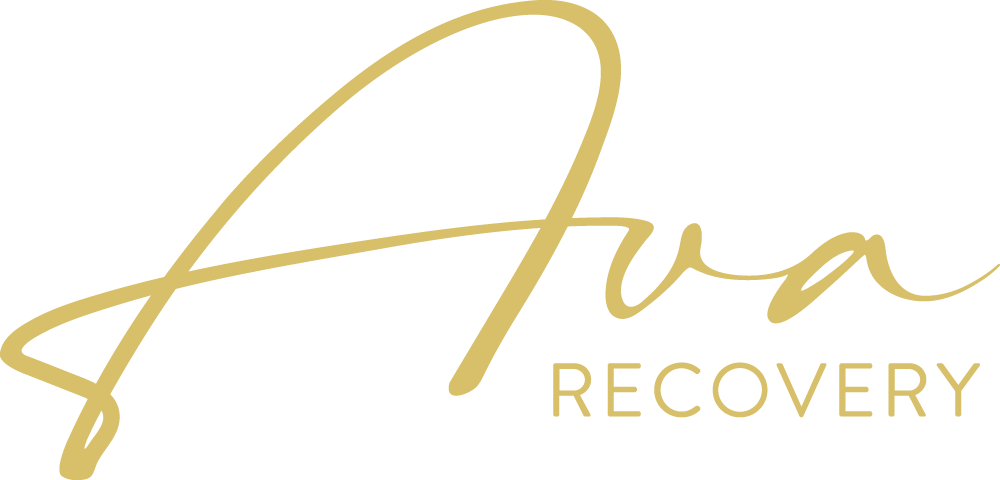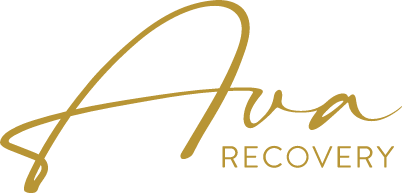Everyone feels stress from time to time especially when there are problems at work but coping with work related stress in a healthy fashion can make a big difference in your mental well-being. The same is true of unhealthy coping techniques, which is why it’s important to learn as much as you can about possible causes and self-care tips, as well as get professional help where needed.
What is Work-Related Stress?
Stress is a natural reaction that comes from feeling pressure or threats. It is designed to keep you alive and safe by releasing hormones like adrenaline when you feel stressed. The adrenaline gives you the motivation to take action quickly, if you are in danger.
However, work related stress is when you get that same type of adrenaline and pressure from your work deadlines, not a threat to your life.
Too much work-related stress can have a detrimental impact on the following:
- Your mood
- Your physical health
- Your relationships
As stress begins to compound, it can leave you feeling irritable and anxious, with low self-esteem, emotional exhaustion, changes to your sleeping patterns, and eventually, burnout.
Signs of Work-Related Stress
Coping with work-related stress is important when you start to notice the signs and symptoms of chronic stress and burnout. Examples can include:
- Feeling on the verge of tears regularly
- Being irritable and angry without other explanation
- Having deep worries, fears, or hopelessness on a continual basis
- Struggling with racing thoughts
- Having difficulty making decisions
- Feeling overwhelmed regularly
- Having odd muscle pains, stress headaches, or stomach aches
- Struggling with skin reactions like hives or stress rashes
- Feeling dizzy, sick to your stomach, or feeling faint regularly
These physical and emotional signs can be compounded by chest pain and chronic high blood pressure, leading to severe strain on your heart.
Moreover, unhealthy coping strategies for work-related stress often include things like binge eating, which impacts the nutritional profile you get, problem sleeping, which can impact your hormones, or turning to substance abuse.
Coping with Work-Related Stress
Thankfully, there are several ways that you can learn to cope with work-related stress in a healthy fashion.
Divide Tasks
When work stress is piling up, you can reduce that stress by taking practical steps to divide your tasks into more manageable chunks. Called, aptly, “chunking,” this is a way for you to finish tasks in smaller increments and feel the accomplishment that comes with that achievement. This accomplishment is very important in motivating you to continue, and this can be essential in jobs where projects go on for months or years, and it feels like you never actually achieve anything.
Be Active
One of the most important things you can do when coping with work related stress is to be more physically active. Exercise is a key way to physically reduce stress in your body. When you trigger hormonal changes and adrenaline rushes, that gives your body physical activity and agitation designed to help you take action so if you sit in front of a computer or at a desk, that agitation has nowhere to go.
So find ways to be more active so that you can burn off your energy when you feel stressed, whether that’s walking around the office, going for a walk outside, jogging around the parking lot, or weightlifting after work.
Professional Treatment with Ava Recovery
Sometimes, basic self-care routines and techniques are insufficient, especially if you have developed substance abuse as a form of self-medication for work-related stress.
When that happens, it’s important to seek professional treatment.
At Ava Recovery, we understand that work-related stress is often higher in certain fields, but no matter where you work, you might need to unlearn unhealthy coping mechanisms and replace them with healthy ones.
We provide trauma-focused detox and residential inpatient programs that combine things like individualized treatment with DBT and IFS group therapy. We focus on treating trauma as the root cause of addiction, knowing that addiction is often the result of your attempts to meet your needs and deal with work-related stress.
Our goal is to provide a luxury facility where you have access to the tools you need to improve your quality of life even after your treatment ends.






